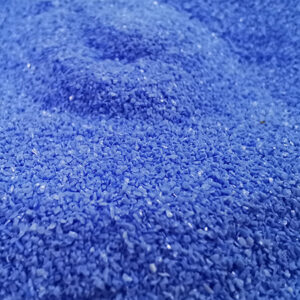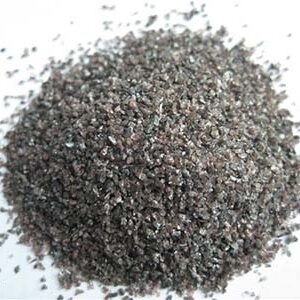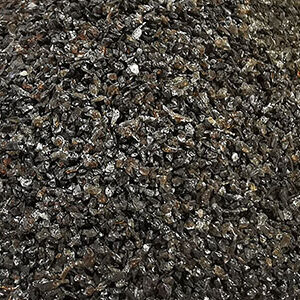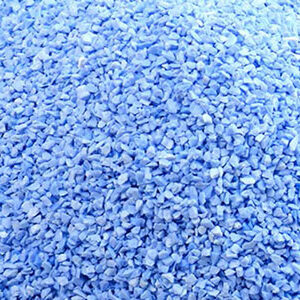As the main raw material for the production of abrasive products, artificial abrasives play a fundamental role in the quality of abrasive products. In the process of selecting abrasives, the following basic principles generally need to be followed:
1. The hardness of the abrasive: the hardness of the abrasive must be higher than the hardness of the material being processed. For example, corundum-based abrasives such as white corundum abrasives are used for grinding stainless steel and general metals; silicon carbide abrasives are used for high-hardness cemented carbide and titanium alloys. grinding.
2. Brittleness of abrasives: Abrasives with low brittleness are suitable for rough grinding, cutting, trimming, etc. with a large amount of removal, while abrasives with high brittleness are suitable for fine grinding and dressing grinding.
3. Abrasive strength: For workpieces with higher strength, use higher-strength abrasives. For example, for high-strength alloy steel, the grinding effect of zirconium corundum abrasive is higher than that of white corundum and brown corundum.
4. Thermal stability of abrasives: The temperature in the grinding area is high during the grinding process, which requires abrasives to have good physical and mechanical properties at high temperatures, so as to maintain continuous grinding. In addition, during the high-temperature sintering process of the abrasive tool, the abrasive should also maintain the stability of the abrasive crystal structure.
5. Chemical stability of abrasives: Abrasives should avoid chemical reaction with the material to be ground, and avoid the mutual diffusion and sticking of the two, which will cause the chemical blunting of abrasive particles and block the abrasive tool. During the production process, chemical reactions between abrasives and bonding agents should also be avoided.
6. Chemical composition of abrasives: The abrasives used in the production of abrasive tools are generally artificial abrasives, in which mineral impurities such as silicon, titanium, and sodium affect the basic properties of abrasives, and in turn affect the grinding performance of abrasive tools. For white corundum abrasives, the content of sodium oxide should be strictly controlled.
7. Bulk density of abrasives: The bulk density of abrasives affects the proportion of abrasives involved in grinding under the same volume, and also affects the hardness and structure of the grinding wheel.
8. The particle size composition of abrasives: The consistency of abrasive particles will affect the hardness and grinding effect of abrasive products, especially for fine-grained abrasives, the uniformity of abrasive particles has a more obvious impact on the quality of abrasives.
9. The content of magnetic substances in abrasives: Magnetic substances may produce hard spots or agglomerated spots after sintering, which not only affects the appearance of the abrasive tool, but also causes burns, scratches and surface roughness on the grinding workpiece when the abrasive tool is used.
10. The crystal size of the abrasive: the crystal size will affect the self-sharpening of the abrasive tool, and the ability of abrasive particles to continuously produce sharp edges and corners during the grinding process is very important. Stacked abrasives such as SG abrasives have better self-sharpening than ordinary abrasives.





